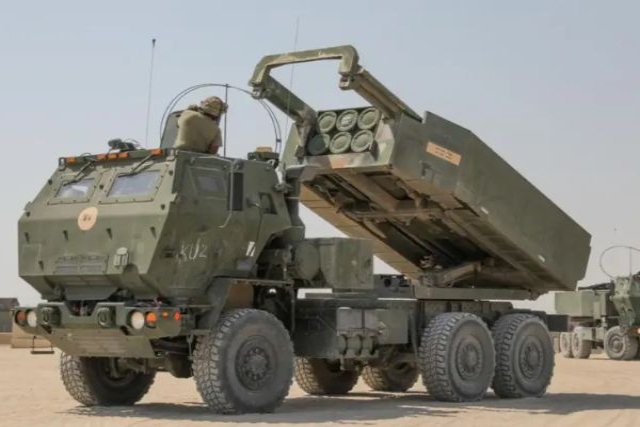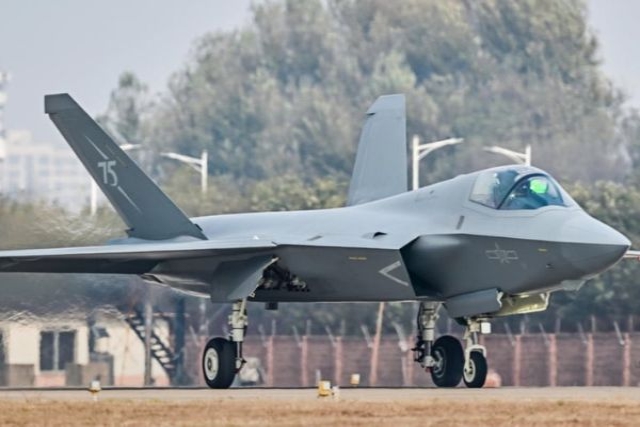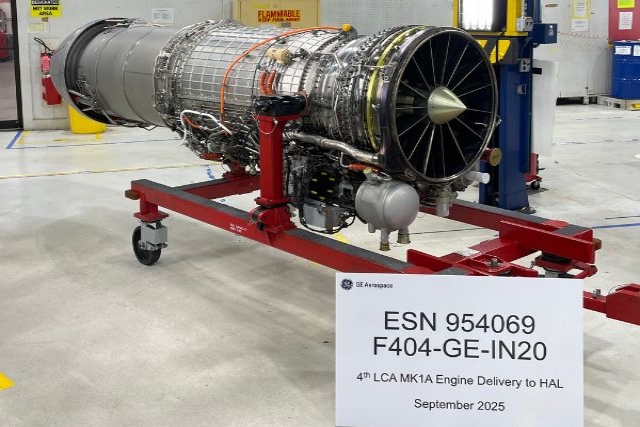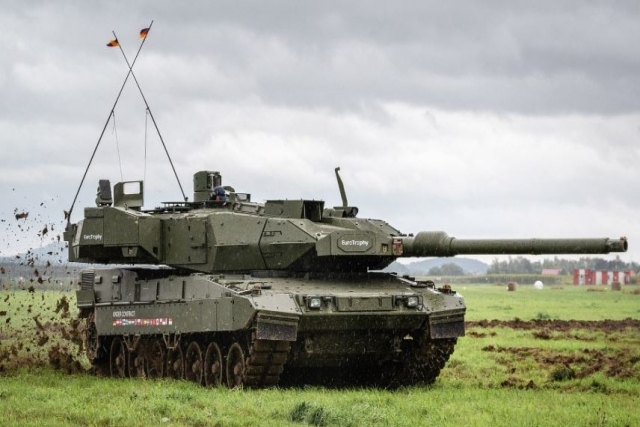Turkey To Rethink Chinese Missile Deal: Reports
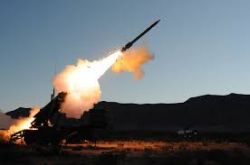
Turkey is apparently in two minds over a potential $3.44 billion deal with a Chinese arms maker for construction of its first long-range air and anti-missile system.
A senior defense official was quoted as saying by Hurriyet Daily that Turkey may rethink its September 2013 decision to award the controversial contract to China Precision Machinery Import-Export Corp (CPMIEC).
“A number of new factors and parameters have emerged since last September … forcing us into a reassessment based on a broader perspective,” the official said.
According to the report, some of the Turkish companies that would be subcontracted for the air defense system are skeptical about potential corporate consequences because CPMIEC is on a US list of companies that are sanctioned under the Iran, North Korea and Syria Nonproliferation Act.
“Aselsan is especially increasingly cautious,” the official said. Turkey’s biggest defense firm Aselsan has been designated as the program’s (dubbed T-LORAMIDS) prime local subcontractor.
The report also says that several unexpected technical snags had emerged during contract negotiations with CPMIEC. But no details were mentioned.
More importantly, Turkey’s procurement agency, the Undersecretariat for Defense Industries (SSM), may have distanced itself from the Chinese option in recent times. “We think that the SSM now has a more NATO-centric view over the competition, not just military,” a Turkish security official dealing with NATO said.
Turkey has come under strong pressure from its NATO allies since it announced its decision over the T-LORAMIDS. Ankara said it had chosen CPMIEC’s FD-2000 missile-defense system over rival offers from Franco-Italian Eurosam SAMP/T and Raytheon of the United States. It said the decision was based on better price and better terms of technology transfer.
Pre-election political turbulence in Turkey has also diverted Prime Minister Recep Tayyip Erdoğan’s attention from the contract. The procurement official said the final decision would be made by a committee chaired by Erdoğan. “The prime minister has been pro-active in all stages of the program. But we are not sure if this is a priority matter for him at the moment.”
Turkey’s Defense Industry Executive Committee which oversees major procurement decisions, had been scheduled to meet on Feb. 25 to discuss major programs, including the air defense system, but the meeting was canceled.
The committee official said on Feb. 27 that Turkey was aiming to decide on talks with CPMIEC and finalize a roadmap on the program next month.
But defense officials say the program may drag into further uncertainty after local polls on March 30. “A decision on a program of this size and complexities may require better political stability than we have today,” one source said.
NATO and US officials have said any Chinese-built system could not be integrated with Turkey’s joint air defense assets with NATO and the US and that it may harm Turkey’s relations with the alliance.
